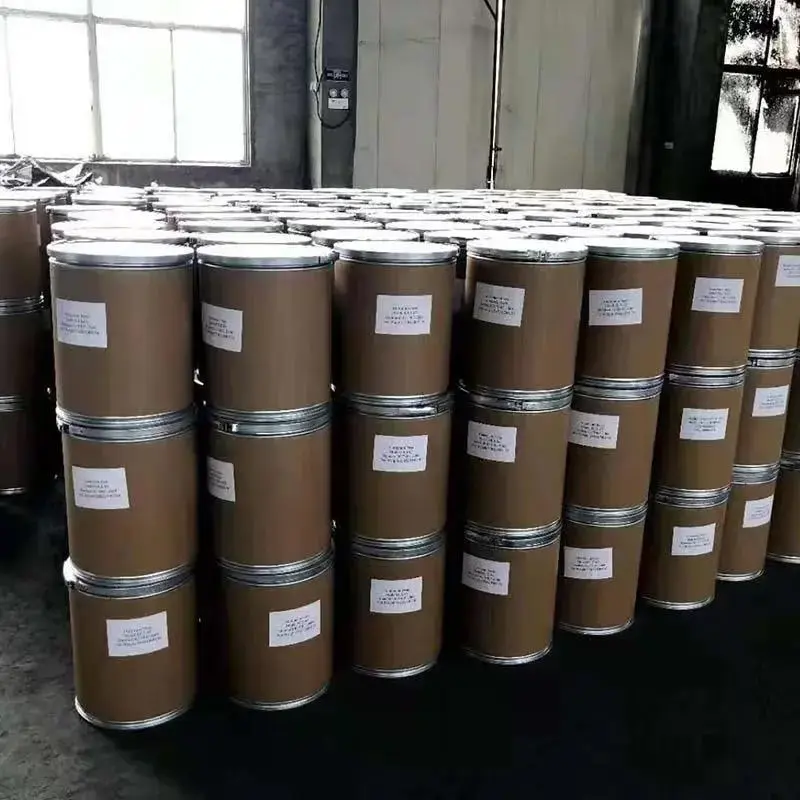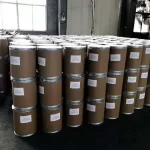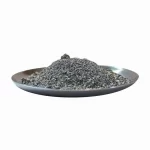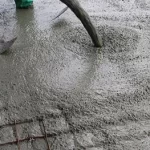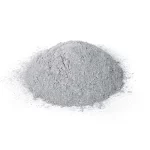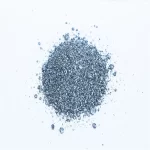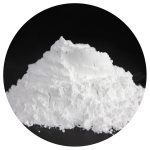
China aluminum powder for sale factory
China aluminum powder for sale factory
Unveiling the Advantages of Aluminum Powder:
Aluminum powder, derived from the fine milling of aluminum metal, possesses unique characteristics that make it highly sought after in numerous industries. Let’s explore some of the key advantages offered by aluminum powder:
Lightweight and High Strength-to-Weight Ratio:
Aluminum powder is incredibly lightweight, making it ideal for applications where weight reduction is crucial. Despite its lightness, aluminum powder exhibits excellent strength-to-weight ratio, allowing for the development of robust and durable products.
High Thermal Conductivity:
With its exceptional thermal conductivity, aluminum powder efficiently dissipates heat and conducts thermal energy. This property makes it invaluable in applications such as heat sinks, thermal pastes, and pyrotechnics, where efficient heat management is essential.
Corrosion Resistance:
Aluminum is naturally resistant to corrosion, and this property extends to aluminum powder. When properly coated or treated, aluminum powder offers enhanced protection against rust and corrosion, making it suitable for applications in harsh environments.
Versatility in Formulation:
Aluminum powder can be easily incorporated into various formulations, allowing for a wide range of applications. It can be mixed with resins, plastics, paints, and other materials to create customized compounds with specific properties, such as conductivity, reflectivity, and flame resistance.
Applications of Aluminum Powder:
Aluminum powder finds extensive applications across diverse industries, thanks to its unique properties and versatility. Let’s explore some of the key applications:
Additive Manufacturing:
The advent of additive manufacturing, more commonly known as 3D printing, has opened up new possibilities for aluminum powder. Its ability to be fused layer by layer makes it an ideal material for creating intricate and lightweight metal parts, especially in industries such as aerospace, automotive, and engineering.
Powder Metallurgy:
Aluminum powder plays a significant role in the field of powder metallurgy. It is used as a raw material for producing metal parts, where it is compacted and sintered to create complex shapes with precise dimensions. This process finds applications in various industries, including automotive, machinery, and electronics.
Pyrotechnics and Explosives:
The use of aluminum powder in pyrotechnics and explosives is well-established. Its highly reactive nature, when combined with appropriate oxidizers and fuels, leads to spectacular visual effects and controlled explosions. Aluminum powder is a crucial component in fireworks, flares, and military-grade explosives.
Coatings and Finishes:
Aluminum powder is extensively utilized in the production of coatings and finishes. It can be added to paints, varnishes, and sealants to create metallic effects, imparting a lustrous and visually appealing finish to surfaces. These coatings find applications in automotive refinishing, architectural design, and consumer products.
Chemical Reactions and Catalysts:
In chemical reactions, aluminum powder can serve as a reducing agent or catalyst. Its ability to facilitate chemical transformations makes it valuable in industries such as pharmaceuticals, catalyst manufacturing, and chemical synthesis.

